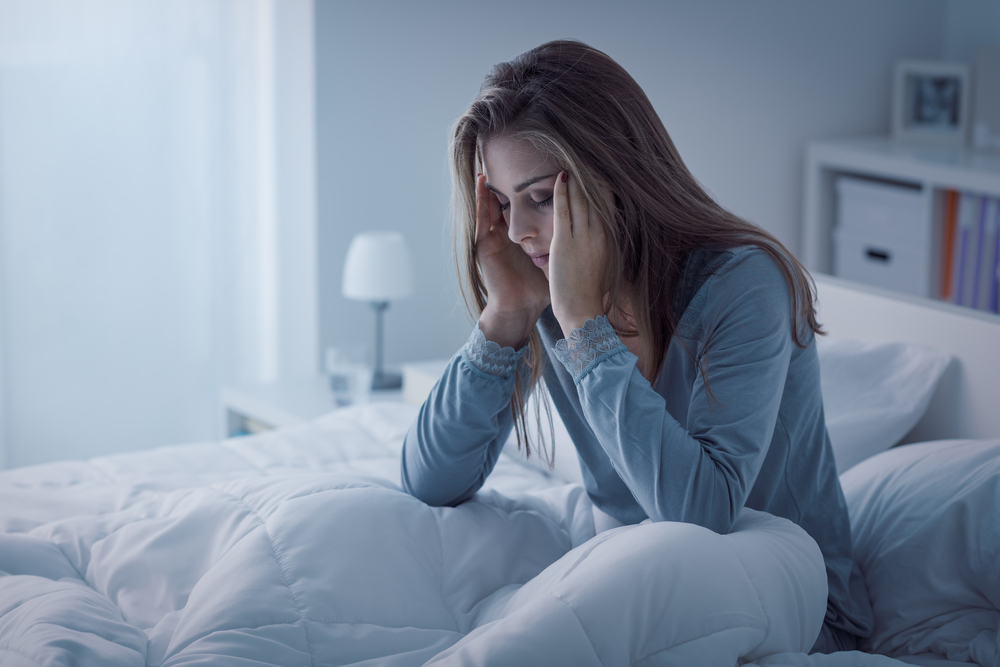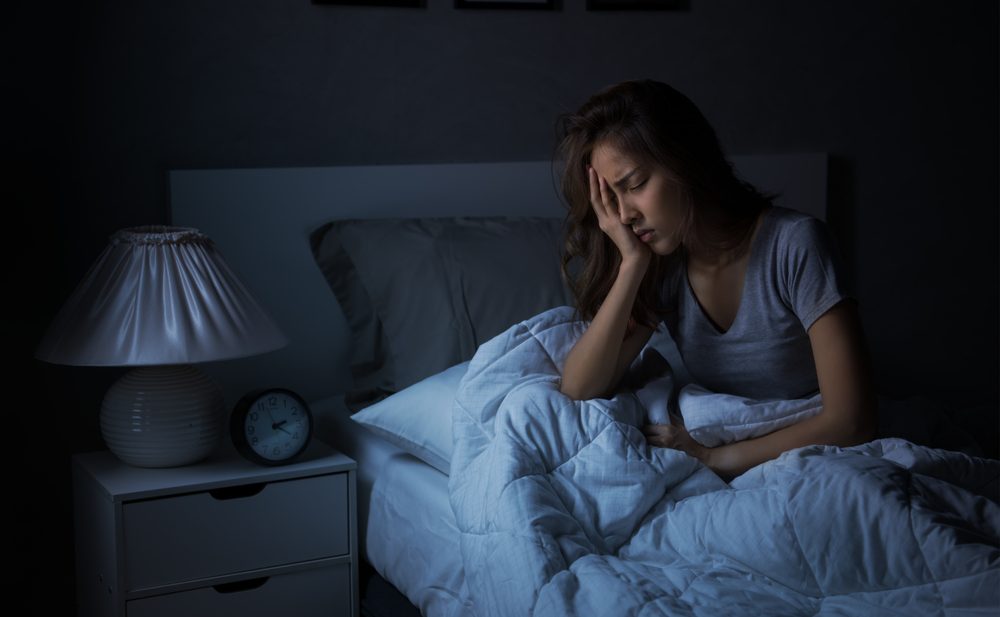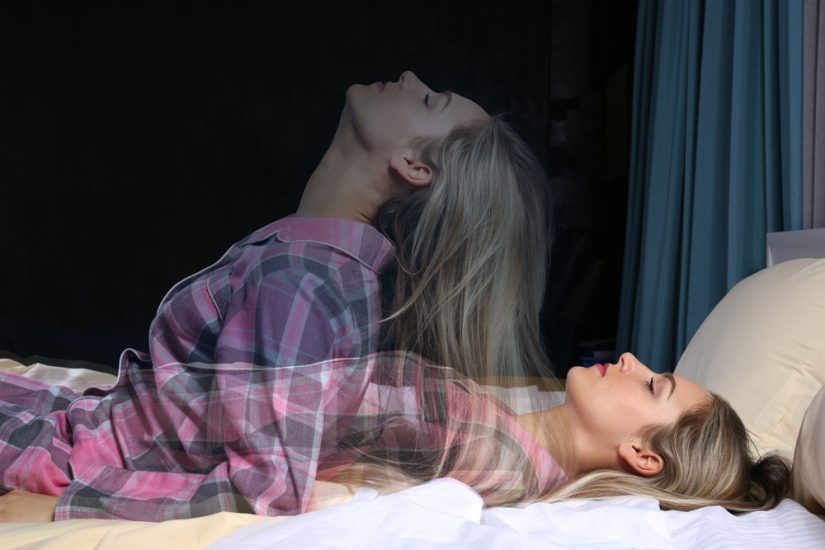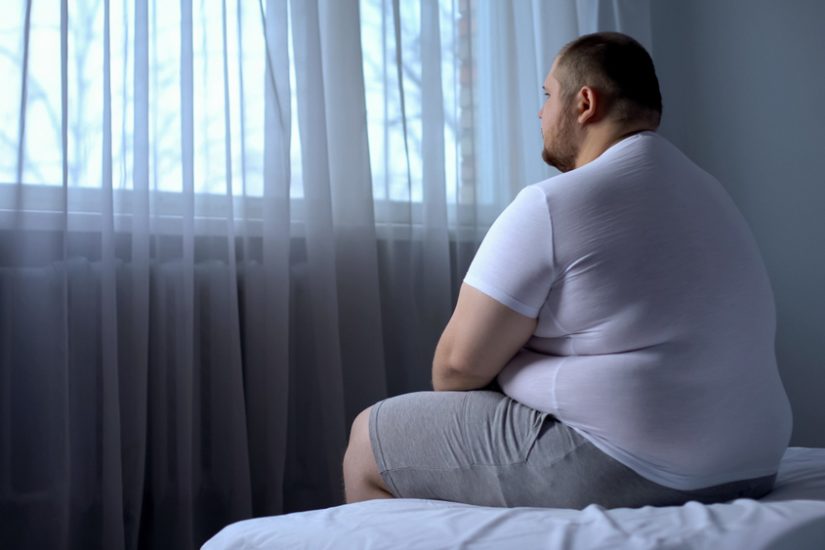- July 27, 2023
- by Shalini Murmu
- Sleep disorder
Do you often find yourself tossing and turning in bed, unable to fall asleep at night, only to struggle to stay awake during the day? Perhaps you’ve noticed a pattern of irregular sleep-wake cycles that leave you feeling exhausted and unproductive. If this sounds all too familiar, you’re not alone. In the midst of this chaotic era, where stress, technology, and jam-packed schedules reign supreme, it’s no wonder that countless souls struggle to tame the tempest of their sleep patterns. Explore the reasons behind disrupted sleep-wake cycles, the impact they can have on our lives, and practical tips to regain control and achieve better sleep hygiene.
The loss of control over the sleep-wake cycle is called narcolepsy. A chronic sleep disturbance like narcolepsy makes it difficult for the brain to maintain healthy sleep-wake cycles. It affects the part of the brain responsible for controlling REM (rapid eye movement) sleep, the stage where vivid dreams occur. Unlike healthy sleepers who transition through various sleep stages sequentially, narcoleptics experience a rapid entry into REM sleep, even during daytime naps.
The Four Key Symptoms of Narcolepsy
- Excessive Daytime Sleepiness (EDS): No matter how much sleep a person gets at night, excessive daytime drowsiness is the defining narcolepsy symptom. These uncontrollable cravings to sleep can manifest as sudden urges to sleep at inappropriate times, leading to sleep attacks that may last a few seconds to minutes.
- Cataplexy: Cataplexy is a sudden loss of muscle tone triggered by strong emotions such as laughter, surprise, or anger. It can range from a momentary weakening of the knees to a complete collapse, leaving the person temporarily paralyzed but completely conscious. Cataplexy is unique to narcolepsy with cataplexy, also known as type 1 narcolepsy.
- Sleep Paralysis: During this, a person can have a momentary inability to move or speak while falling asleep or waking up. It can be distressing and is often accompanied by vivid hallucinations.
- Hypnagogic and Hypnopompic Hallucinations: These hallucinations occur during the transition from consciousness to sleep (hypnagogic) or from sleep to wakefulness (hypnopompic). They are usually vivid and dream-like, contributing to the confusion between sleep and awake in narcoleptics.
Does Narcolepsy Have Any Links With Mental Health Conditions?

Indeed, narcolepsy is linked to specific mental health conditions. Even though narcolepsy mainly affects sleep due to neurological reasons, its impact on daily life can also affect the state of mental health. This means it may cause additional challenges for one’s emotional well-being.
The most prominent connection lies between narcolepsy and mood disorders like depression and anxiety. These emotional struggles can influence overall life experiences. Understanding this connection is essential in addressing the holistic well-being of individuals facing narcolepsy.
For those who have narcolepsy, excessive daily drowsiness, interrupted sleep, and unpredictable sleep bouts can be emotionally taxing. Constantly fighting to stay awake and the restrictions it sets on everyday tasks can cause emotions of annoyance, helplessness, and despair, potentially causing or worsening depression.
The unpredictability of narcolepsy symptoms, particularly cataplexy, sleep paralysis, and hallucinations, can cause anxiety and distress in people. Anxiety may arise from concerns about experiencing cataplexy in public, the fear of sleep attacks during important tasks, or heightened awareness of sleep-related abnormalities.
To enhance mental well-being and overall quality of life for individuals with narcolepsy, seeking support, professional counseling, and effective management strategies are crucial. If you or someone you know is having a tough time with mental health challenges related to narcolepsy, don’t hesitate to seek guidance and support from healthcare professionals near you. They can provide valuable assistance and understanding in navigating this condition.
Coping With The Situation
Navigating mental health challenges alongside narcolepsy can present unique obstacles, but with the right approach and support, it’s possible to enhance overall well-being and effectively manage both conditions. Here are some valuable tips to help you in coping with mental health while living with narcolepsy:
- Seek Professional Help: If you are having signs of depression, anxiety, or any other mental health condition, consider reaching out to a mental health professional. Your particular requirements can be met by guidance, support, and coping mechanisms from a therapist, counselor, or psychologist.
- Join Support Groups: Connecting with others who have narcolepsy can be incredibly beneficial. Joining support groups, either in-person or online, allows you to share experiences, exchange coping strategies, and receive emotional support from people who understand what you’re going through.
- Practice Good Sleep Hygiene: Prioritize healthy sleep habits to improve the quality of your sleep. Be consistent with your sleep schedule, create a relaxing bedtime routine, and ensure your sleep environment is cozy and conducive to rest.
- Stress management: Chronic stress can worsen both narcolepsy symptoms and mental health. Engage in stress-reduction techniques such as meditation, deep breathing exercises, yoga, or hobbies that bring joy and relaxation. Seek professional help to help manage it more effectively.
- Limit Caffeine and Alcohol Intake: While caffeine may provide temporary relief from dozing off, excessive consumption can interfere with your sleep cycle causing insomnia. Likewise, alcohol may interfere with sleep quality, so it’s essential to moderate its intake.
- Incorporate Regular Exercise: Physical activity can boost mood, reduce stress, and improve sleep quality. Find an exercise routine that suits your preferences and capabilities.
- Follow Treatment Plans: Work closely with your healthcare team to manage both narcolepsy and any mental health conditions. Adhere to prescribed treatments, medications, and therapy sessions to ensure the best possible outcome.
Everyone with narcolepsy has a different story and mental health concern. Seek support and professional guidance when needed so that you get the treatment specific to you. This in turn will significantly improve your ability to cope with both narcolepsy and mental health challenges effectively.
North America Behavioral Health Services
Fed up with the never-ending quest for the perfect mental health facility? North America Behavioral Health Services is here to make things simpler for you by helping you find the right professionals in your locality. With our expert guidance and a wealth of resources, you’ll be on the path to improved mental well-being in no time! So, take a deep breath, leave the search to us, and heal stress-free.













